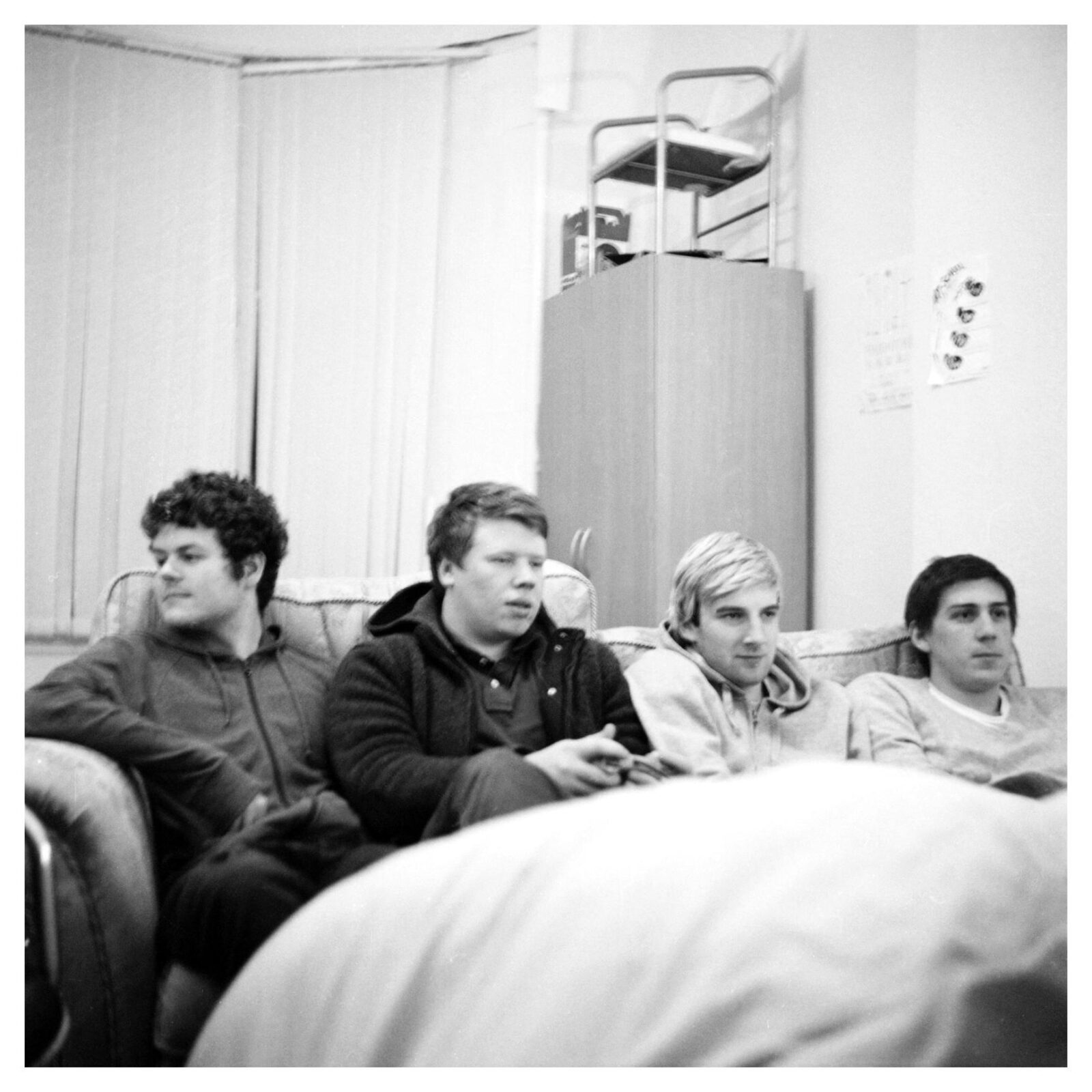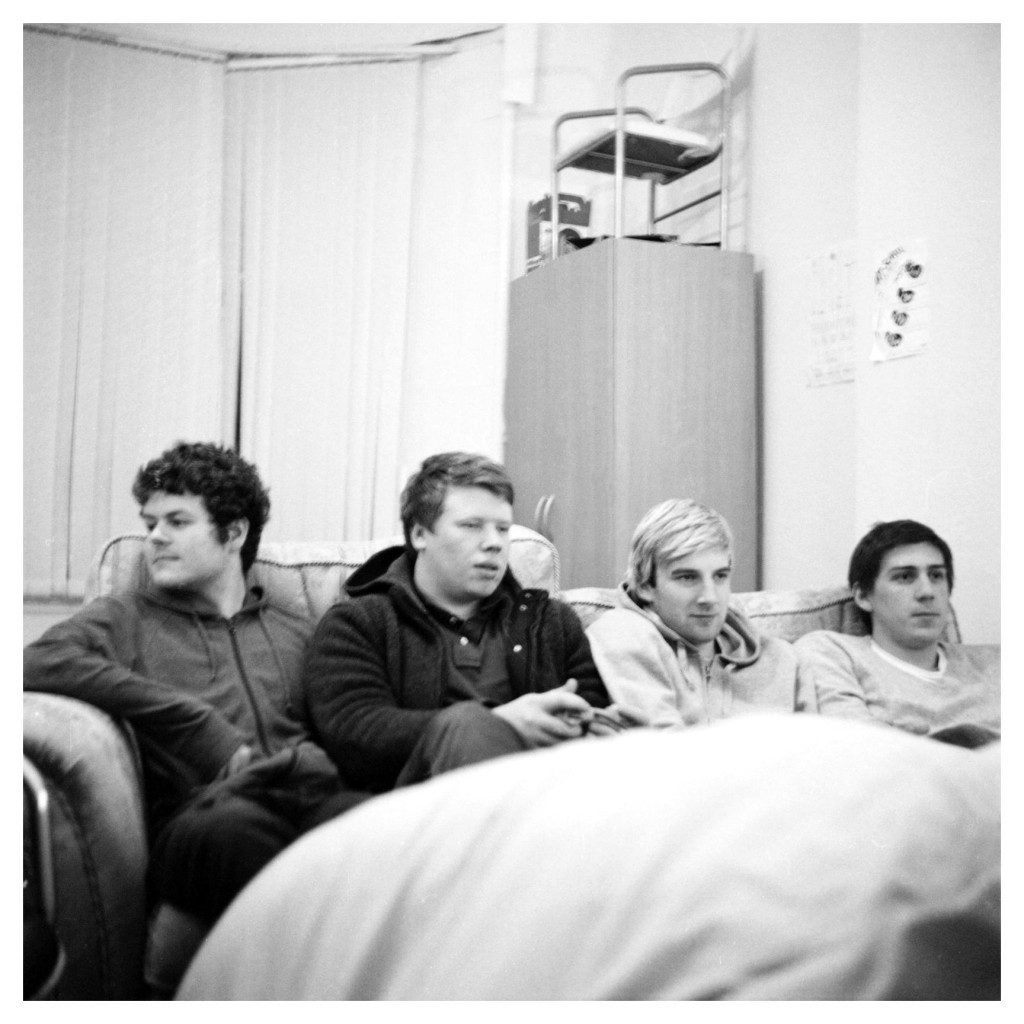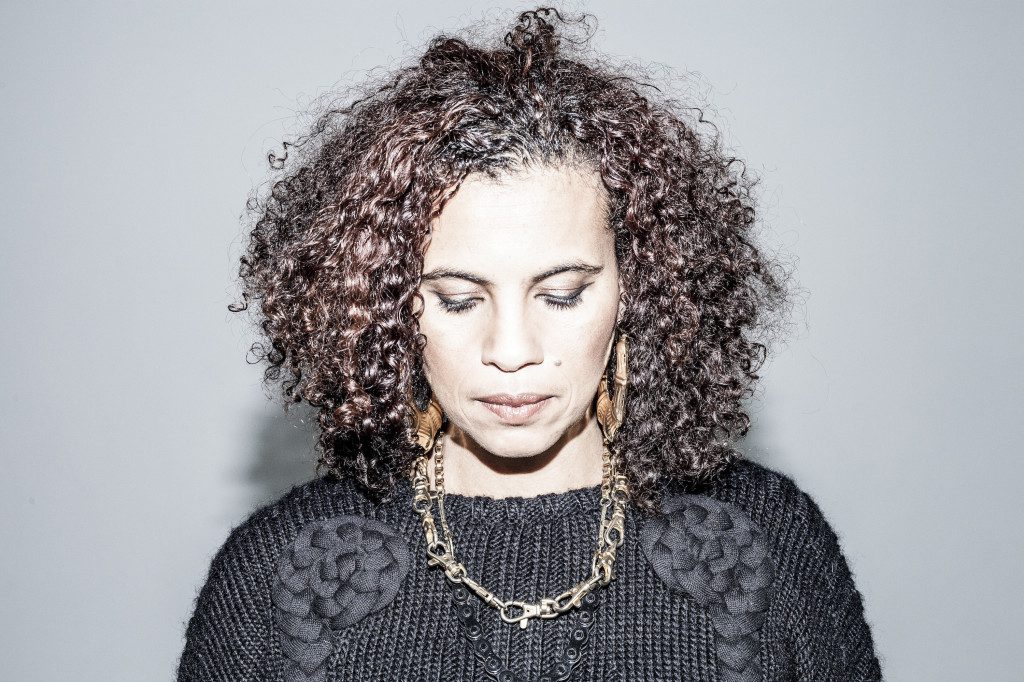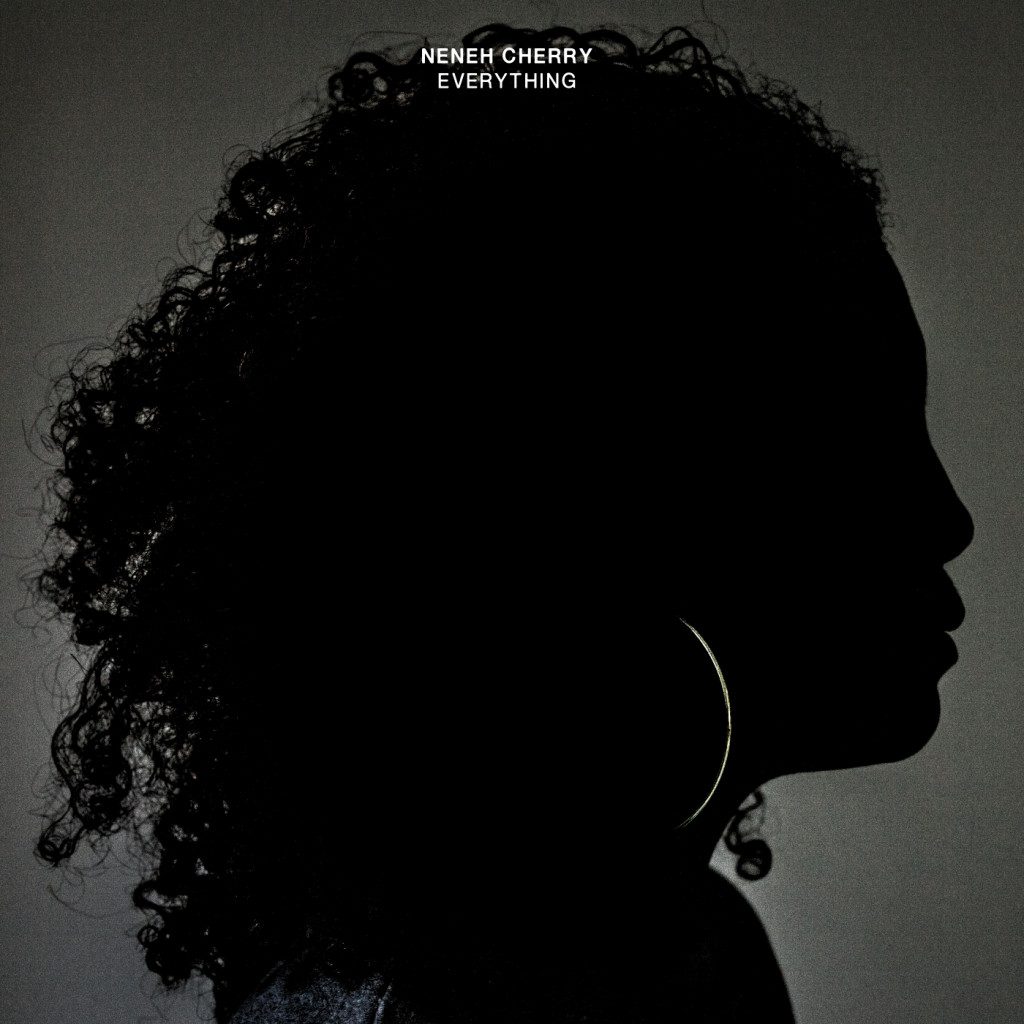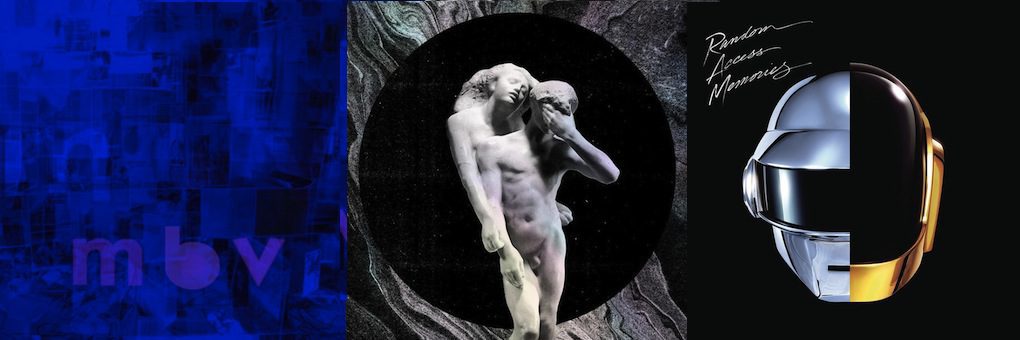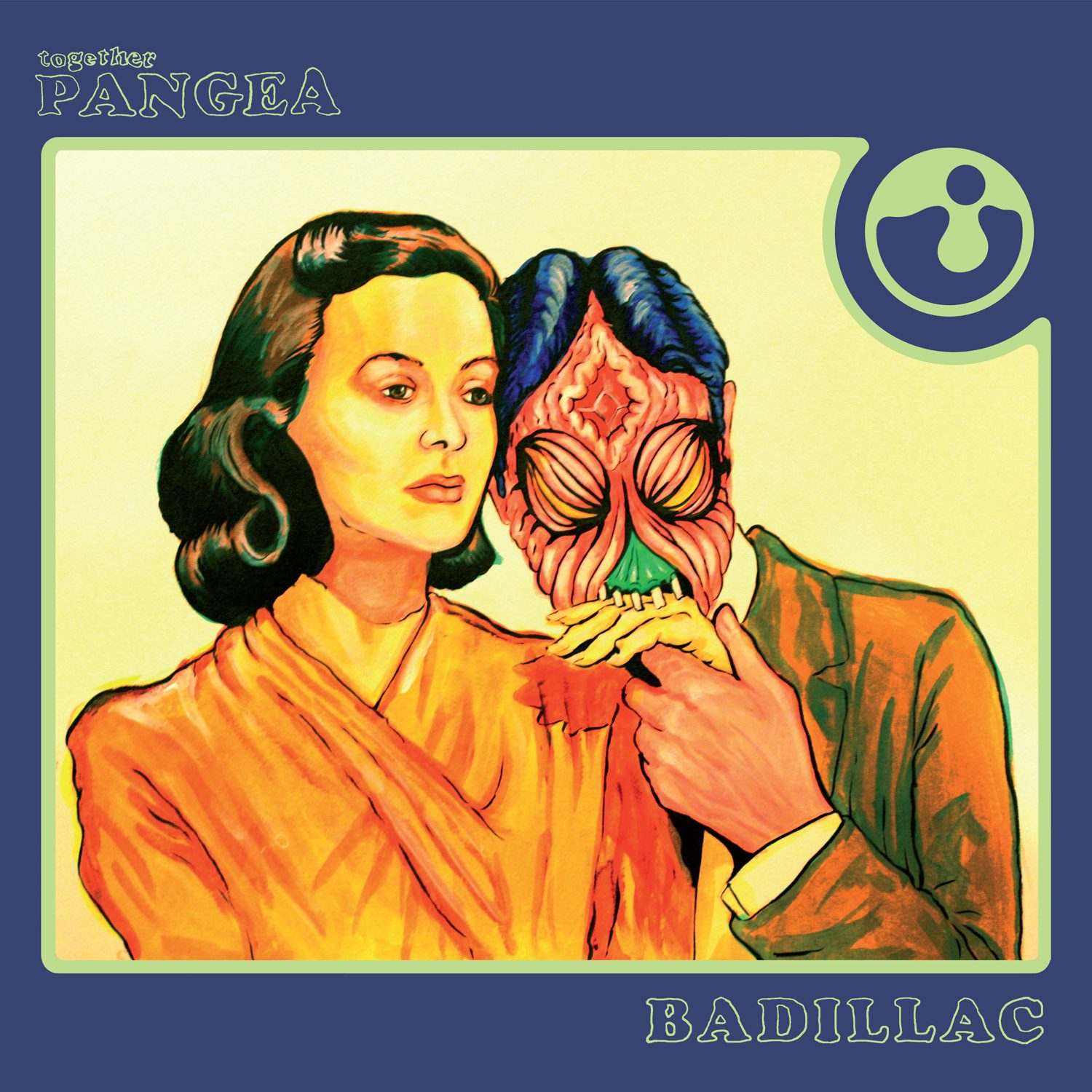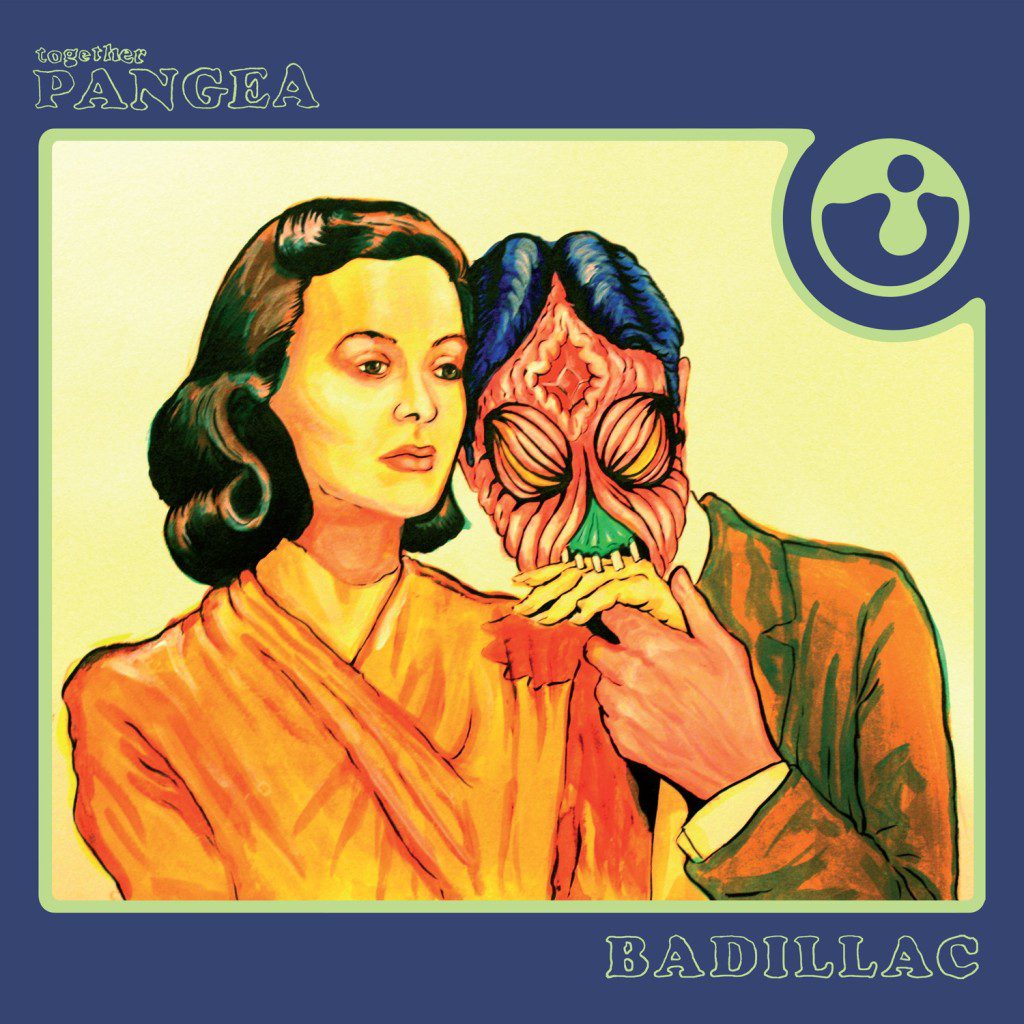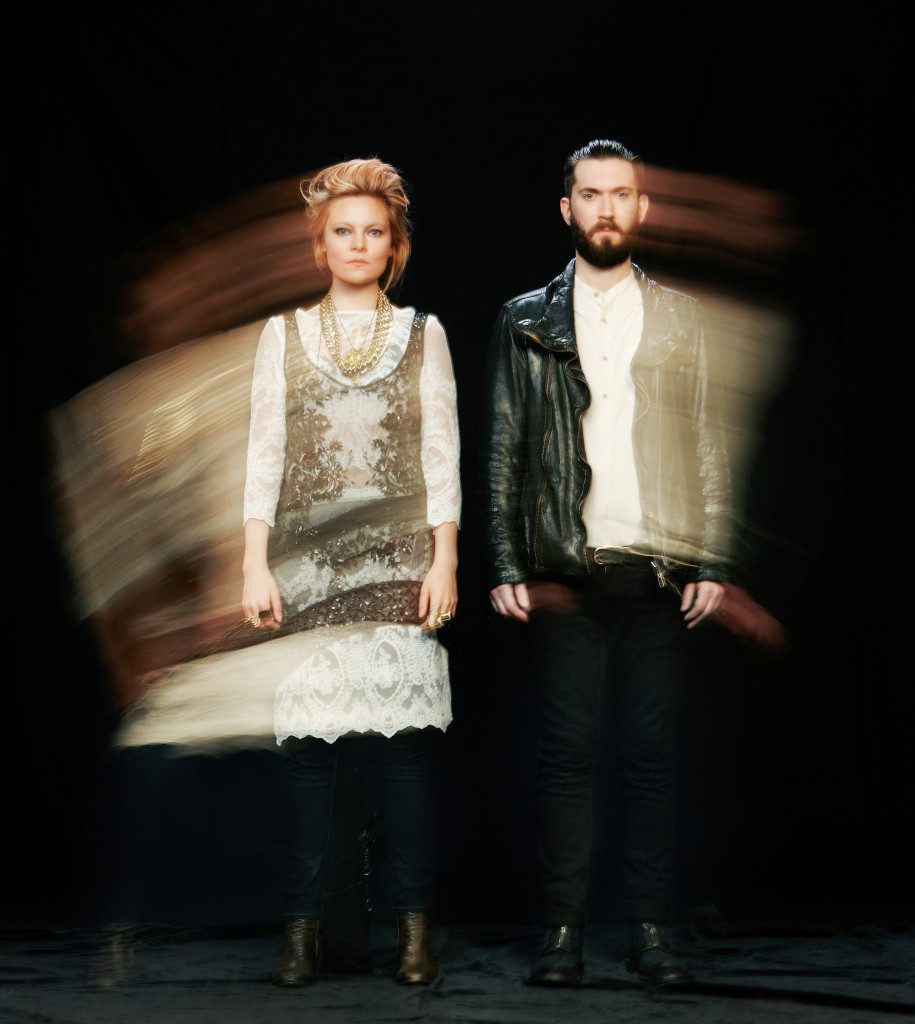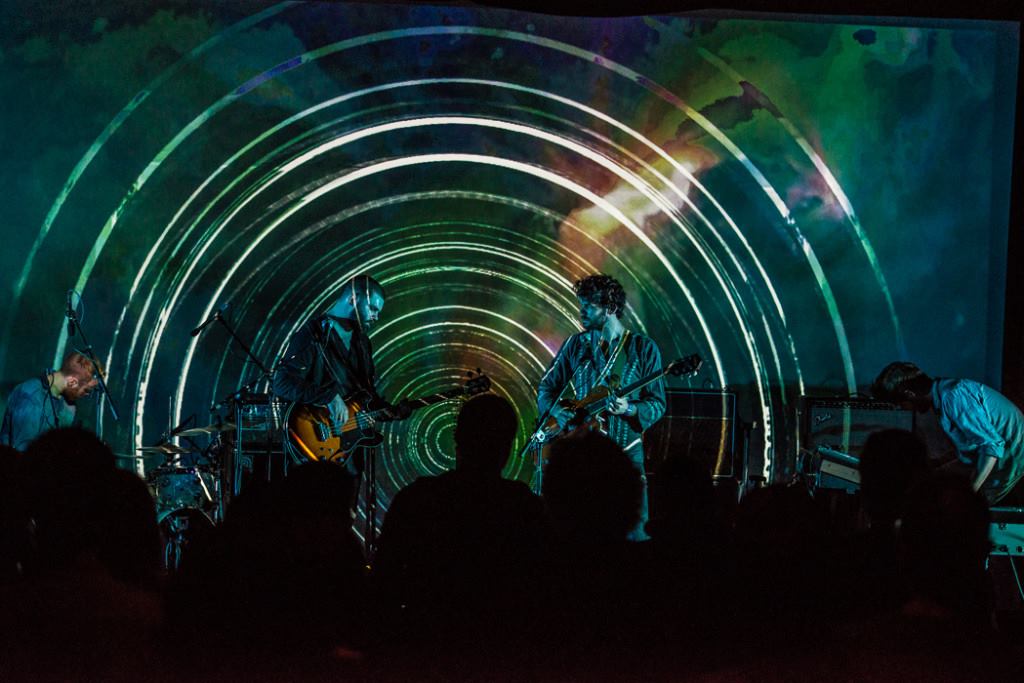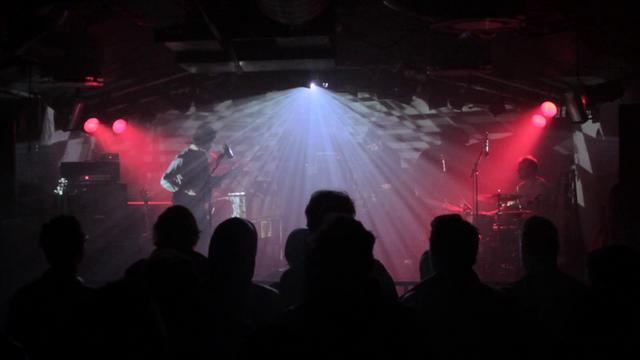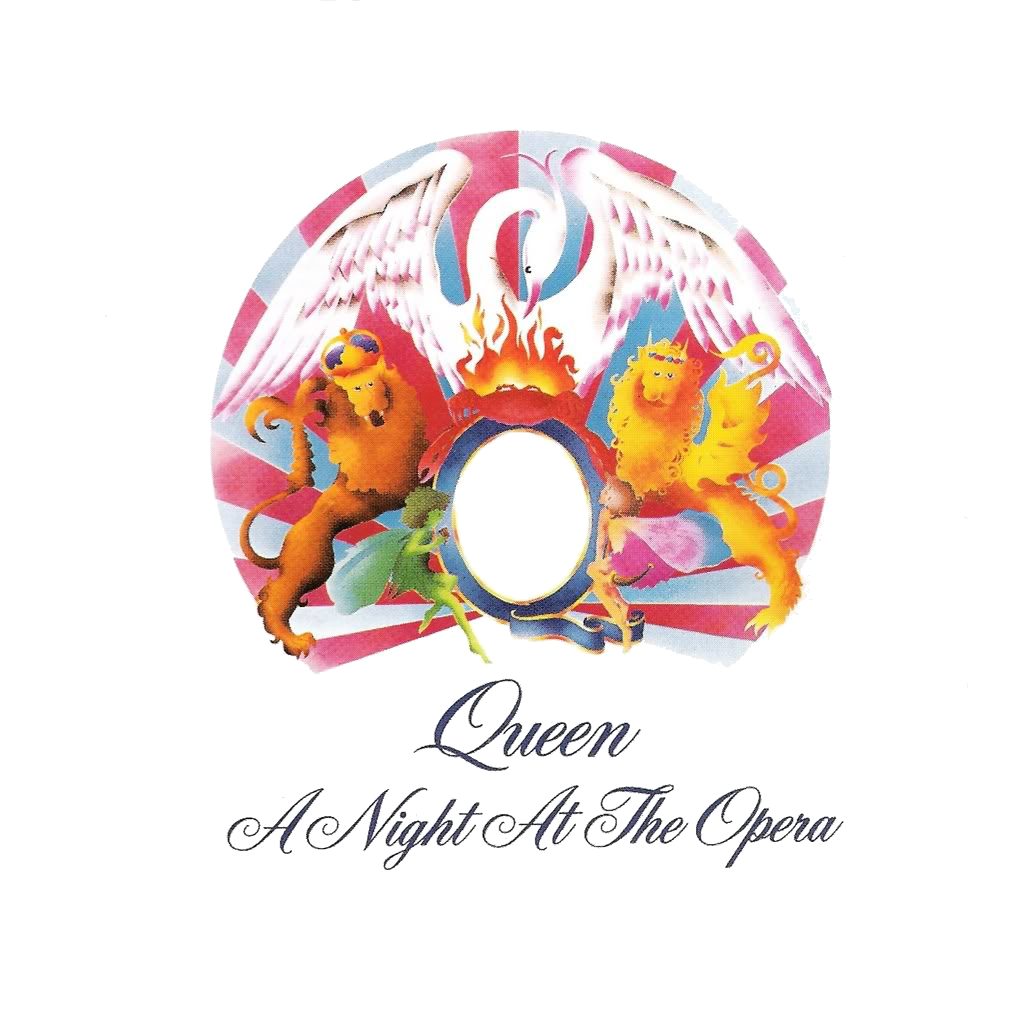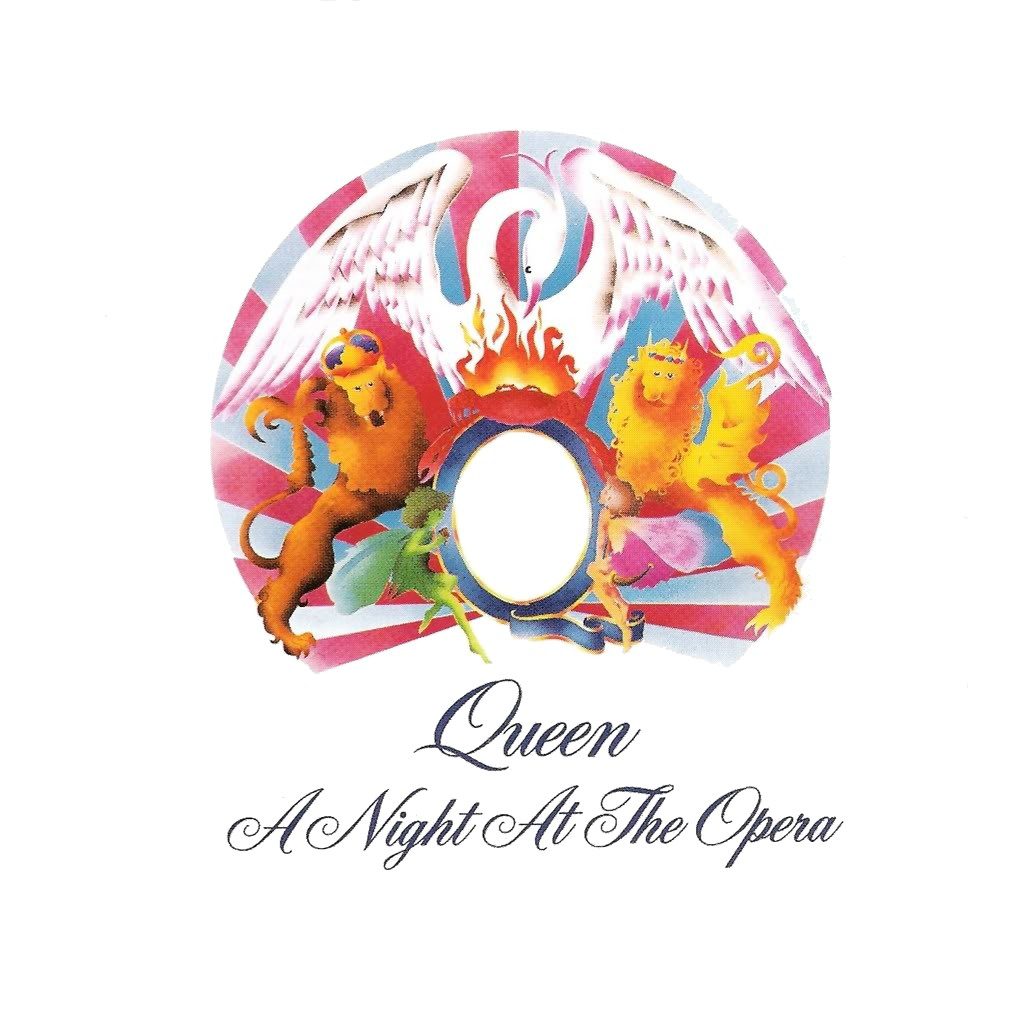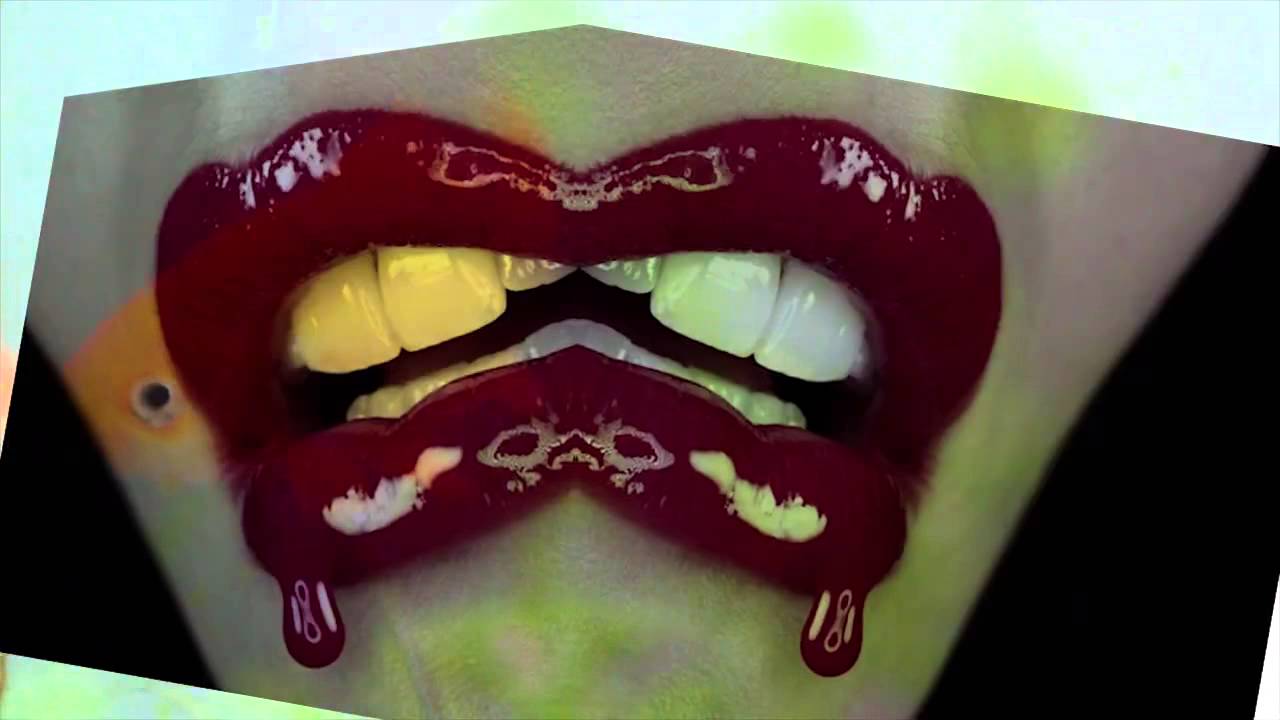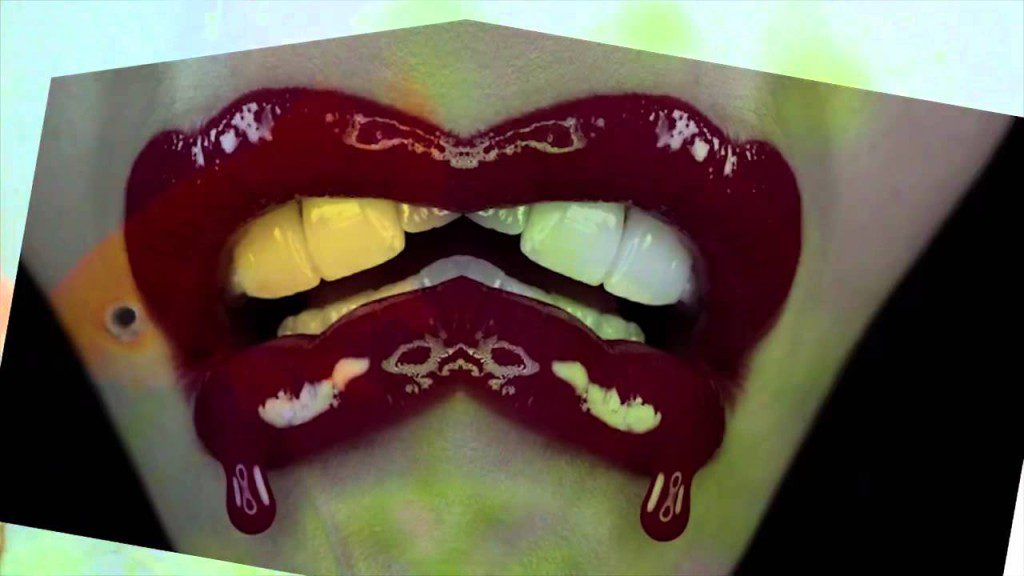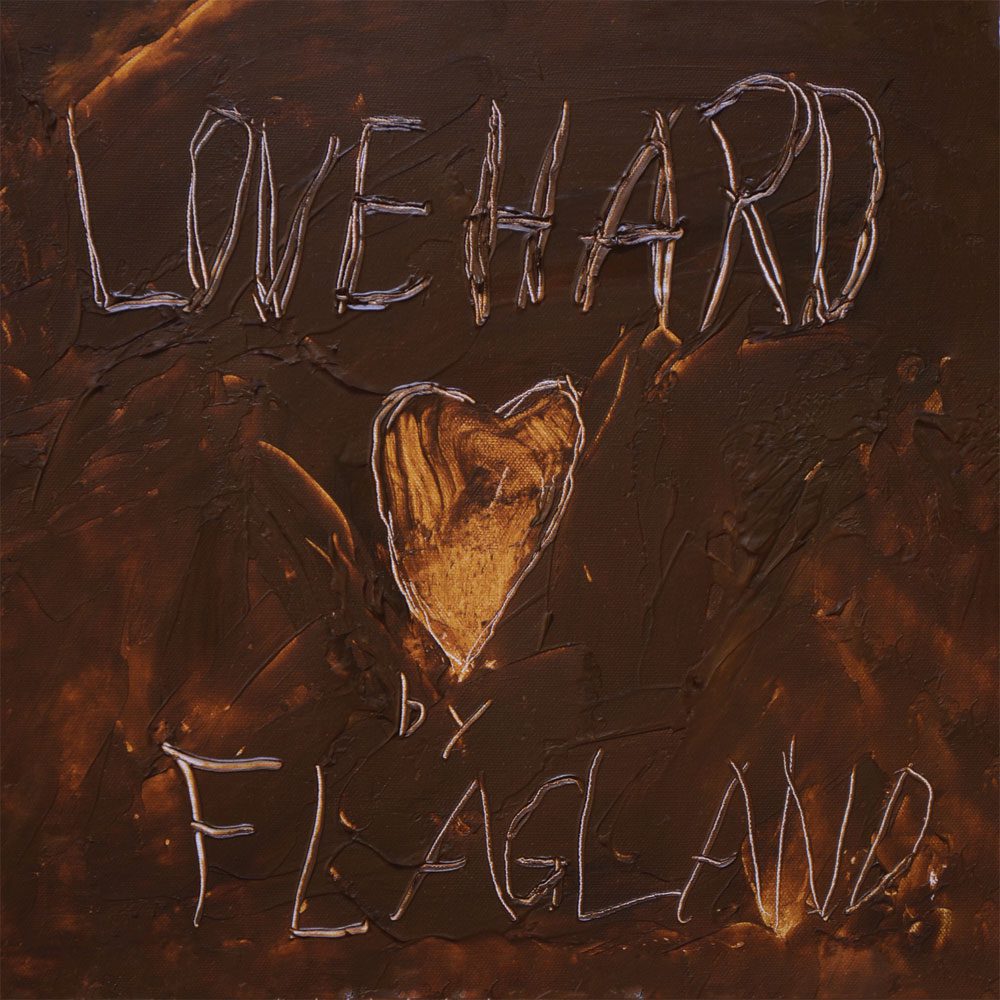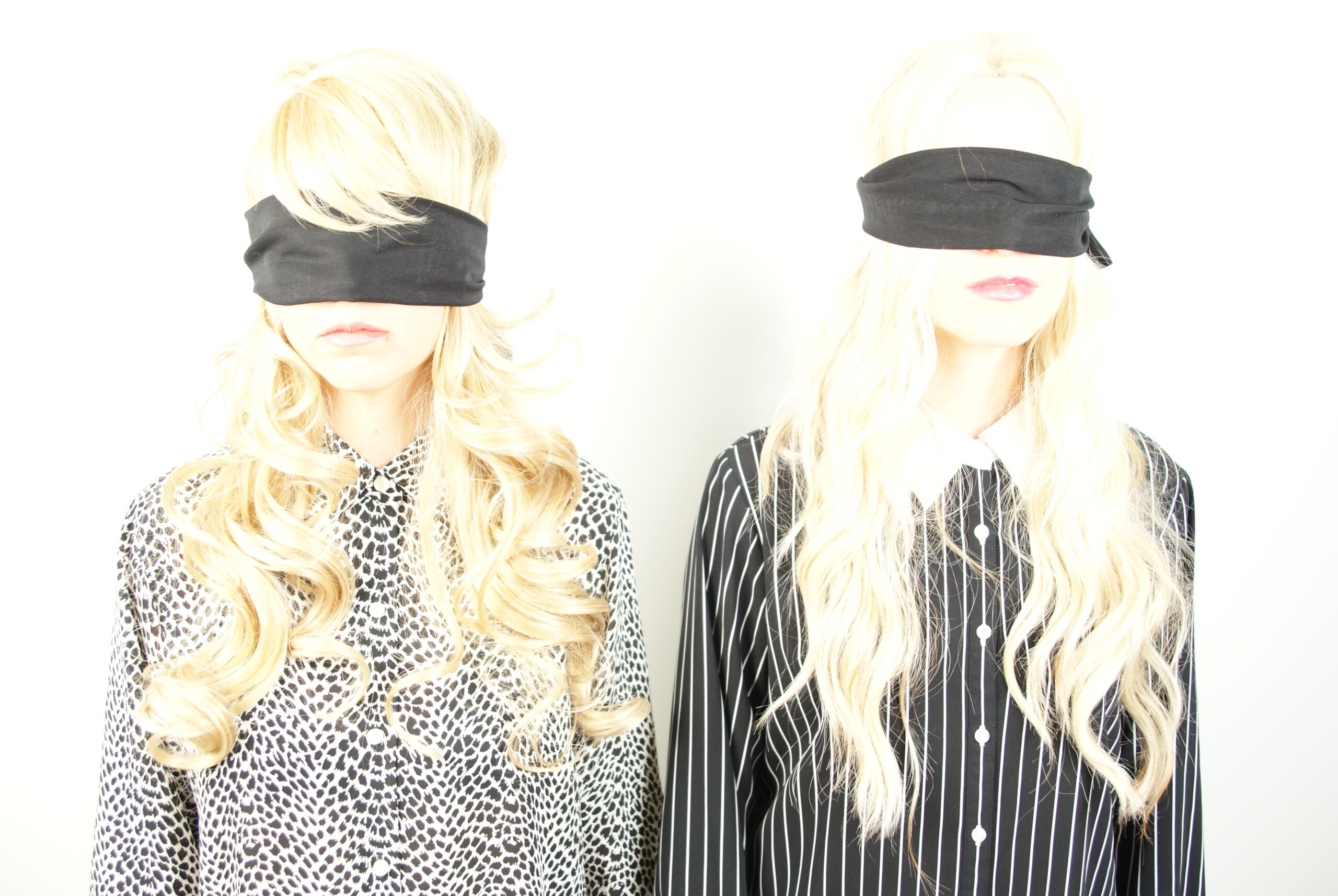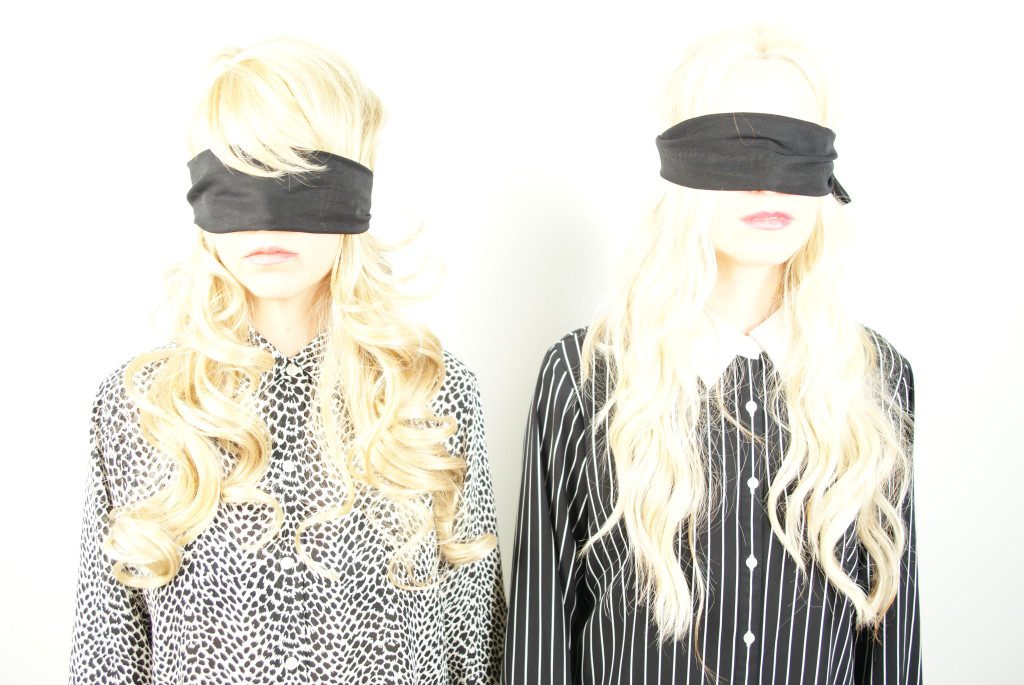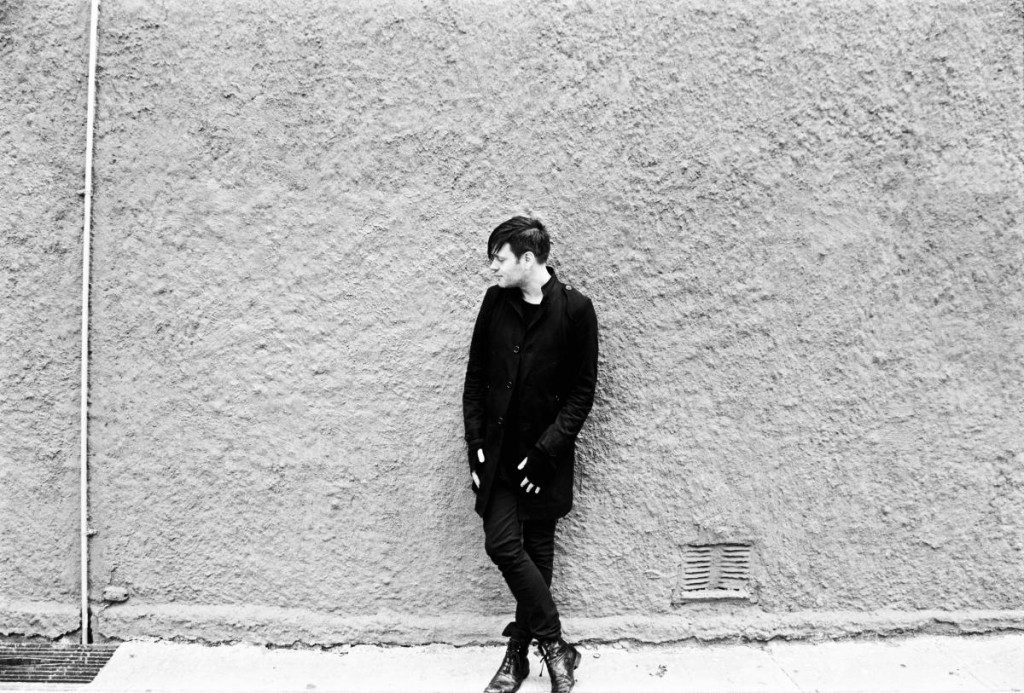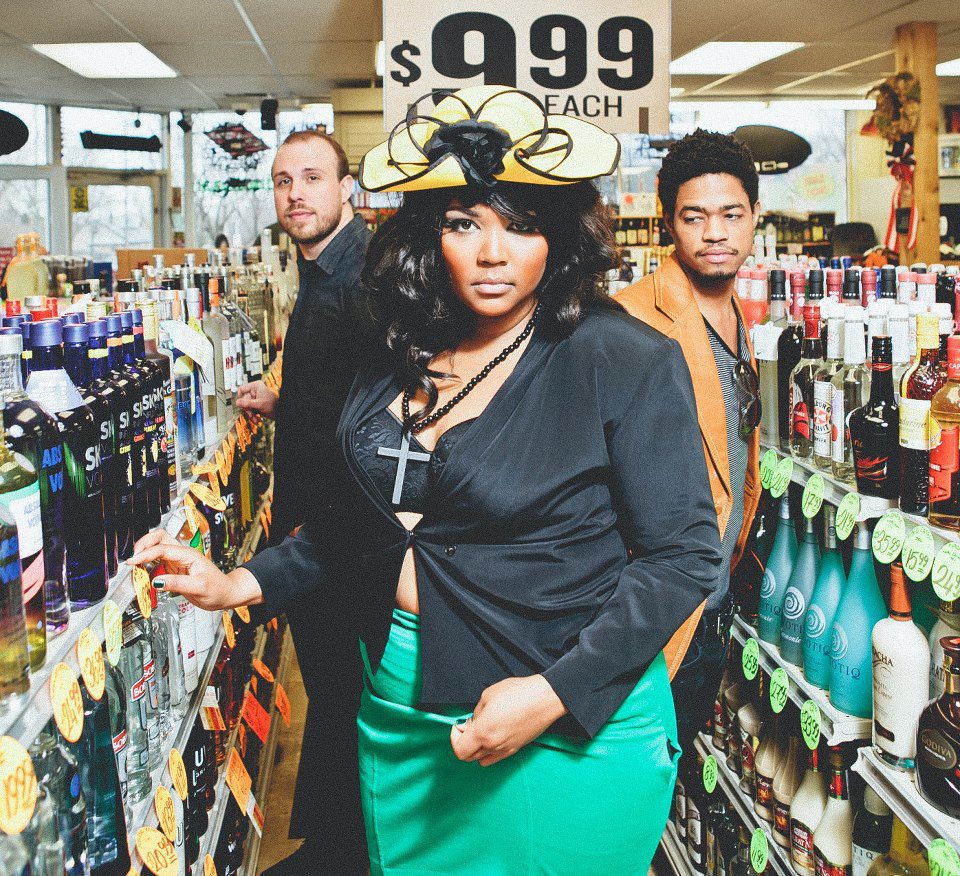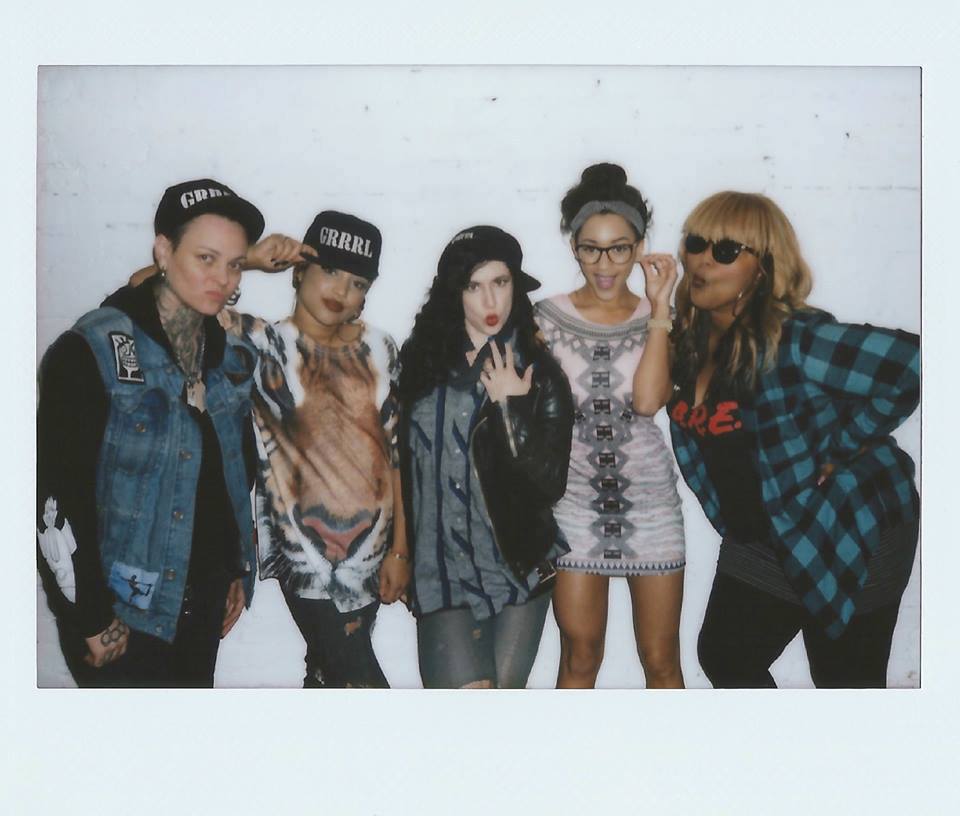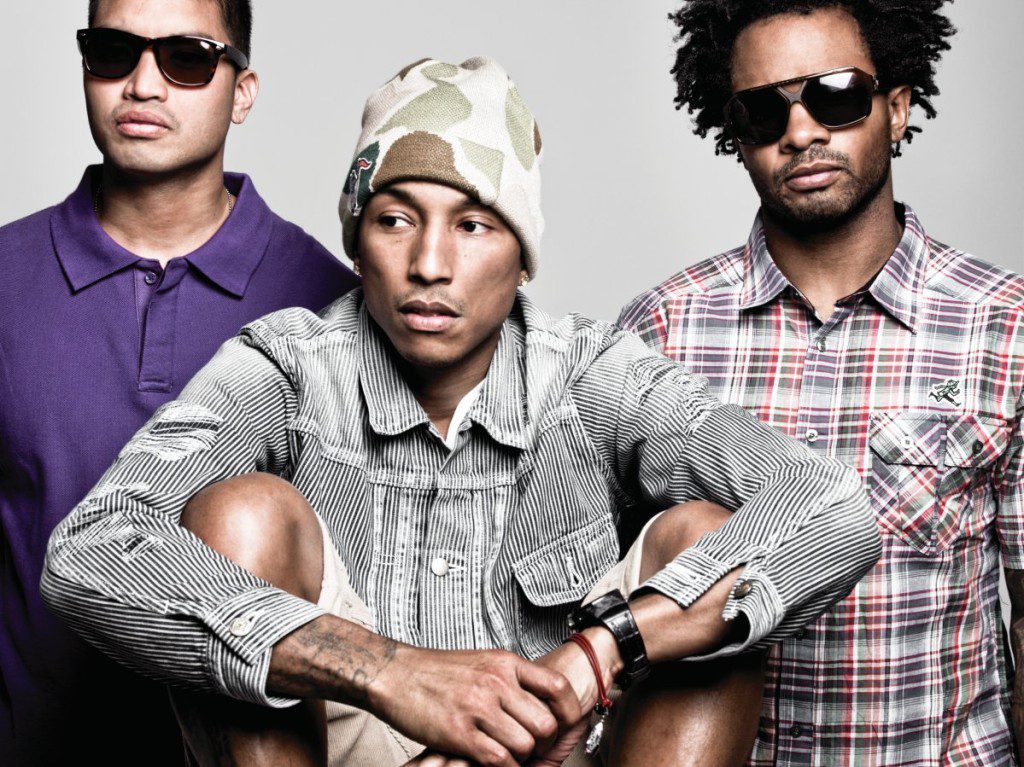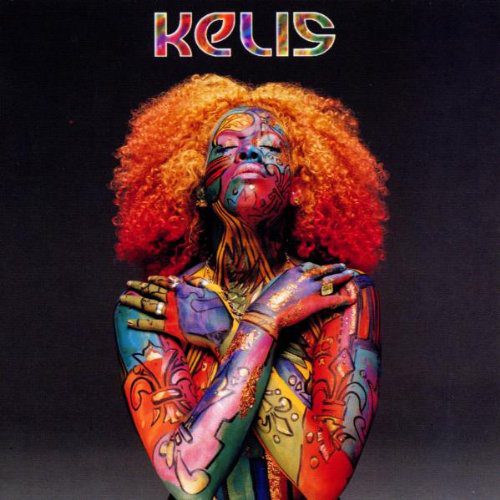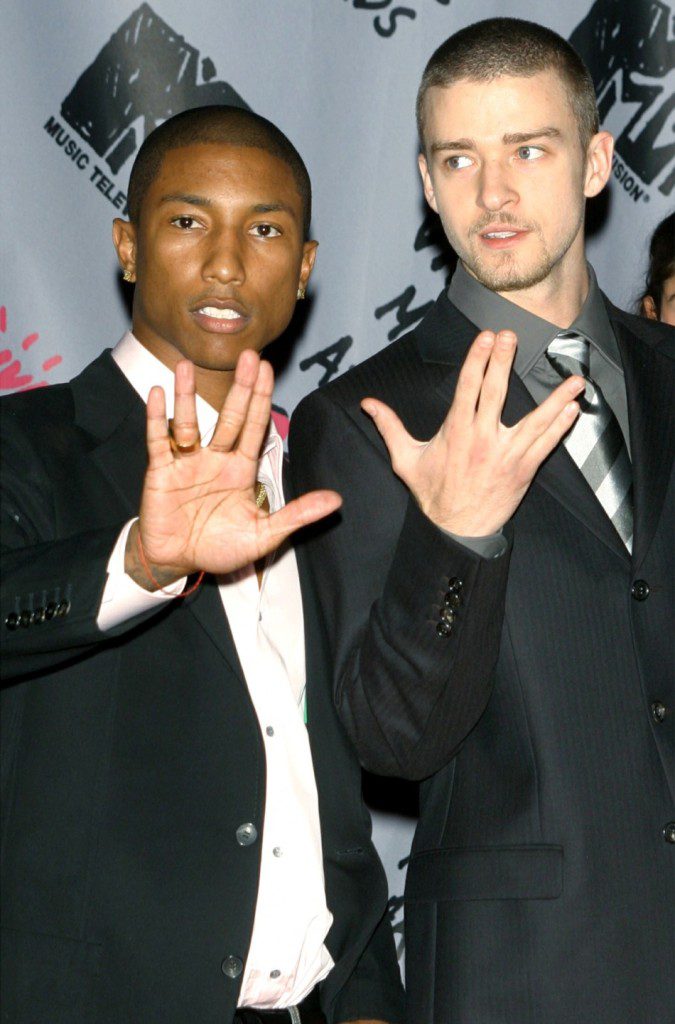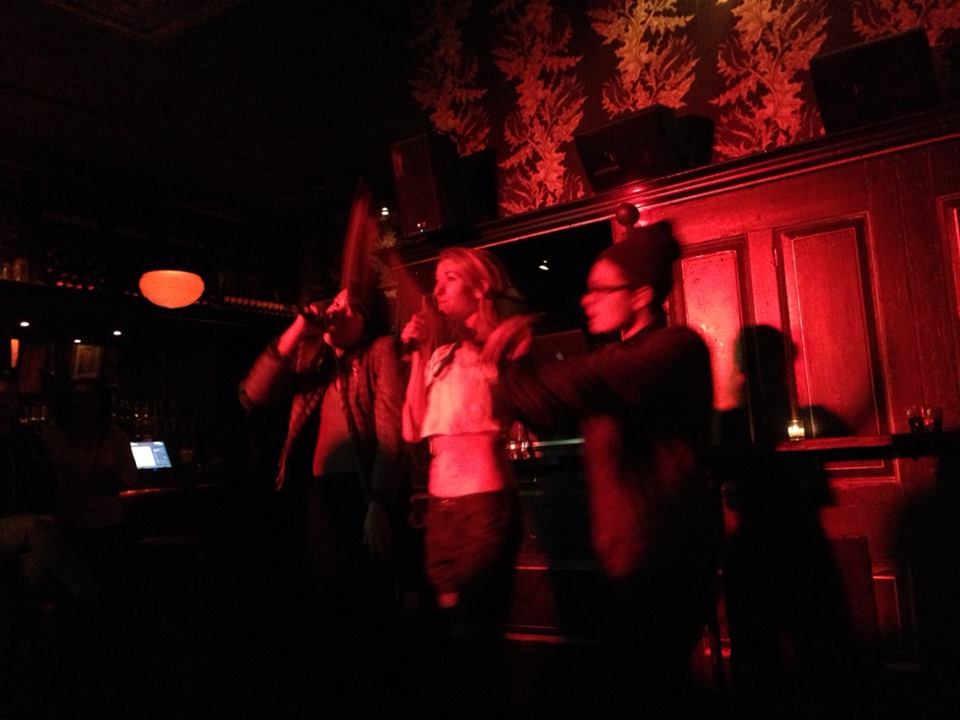
Twice a month, audiofemme profiles artists both emerging and established, who, in this industry, must rebel against misogynist cultural mores. Through their music they express the attendant hurdles and adversities (vis-a-vis the entertainment industry and beyond) propagated by those mores. For our third installment, Rebecca Kunin profiles Hand Job Academy, a Brooklyn based rap trio that illuminates the hypocrisies and injustices in pop culture, and has fun while doing it.

Artist Profile: Hand Job Academy
“Catchier than cobwebs in a Crown Heights crawl space” (Their words, not mine), Brooklyn based rap trio Hand Job Academy are making a splash and fighting back against misogyny and heteronormative culture by (literally) shoving their bloody tampons in your face. Consisting of Ash Wednesday, Clara Bizna$$ and Lil’ T, Hand Job Academy rap about pop culture, queerness, relationships and of course, periods. Founded in 2012, Hand Job Academy has released only a handful of singles, leaving me salivating for more.
The groupe possesses the rare ability to sound sexy, clever, hilarious and vulgar all in one line. Whether they are rapping about math (the quadratic formula tatted on my inner thigh // I’ll measure your circumference, diameter times pi), or Stephen King novels (my bed looks like the elevator from The Shining), Ash Wednesday, Clara Bizna$$ and Lil’ T manage sound funny, creative and sexy. They don’t just rely on pithy lyrics, either: Hand Job Academy’s songs thus far have been accompanied by driving, catchy beats and dynamic music videos directed by Meg Skaff (aka Lil’T).
The trio’s punchline-derived and parody-infused rap style often causes them to be called a comedy-rap group, but Ash Wednesday, Clara Bizna$$ and Lil’T maintain that they are a rap group first, and making people laugh is just a happy byproduct.
“Pop (Tumblr Bitches)” is a satirical rap about the need for people to objectify and parade their bodies on social media sites for attention and cyber friends.
I resolve to not put down other women to alleviate my insecurities..
Fuck you ho, I saw your beef curtains that shit was nasty
**********
Like I’m a princess and you’re a siren I hear your titties out and I see you crying
“Pu$$y Chicken” is a song that everyone can relate to, about getting drunk and calling your ex. Apparently, the voicemail that you hear at the end of the song is a real voicemail from one of the band member’s ex-lover’s phone (Number one reason I would never date a musician, I don’t want to be featured on their next track).
Hand Job Academy gives absolutely no fucks. They rap about pretty much everything under the sun, and they do it with immaculate flow and constant creativity.
Shark Week
Most people believe that periods should be hidden. Blood gushing out of our lady parts? Gross.
I got my first period at a very young age, before the sexual health talk in middle school, and I remember being absolutely terrified, confused and embarrassed. I was terrified at the exorbitant amount of blood loss that I was experiencing, confused about how to control the situation, and embarrassed to tell my parents. We celebrate all of our other major milestones in life, 16, 18, 21, yet when we experience probably the most important physical milestone in our life, most of us are too ashamed to even tell our parents? We should be celebrating it right?
I mean, don’t get me wrong, periods are irksome. I’ve probably spent a years’ rent in tampons this past decade, and it’s always awkward when it sneaks up on you at the most in-opportune time. Still, isn’t it literally, biologically what makes us women? Our periods are the physical manifestation of our femininity, right? So why is the world so embarrassed by them?
Well, Hand Job Academy is equally frustrated by this, and unlike my babbling rant above, they strung together a rap about it. “Shark Week” blatantly points out everything that is wrong with the way that society views our monthly flow. Most importantly, “Shark Week” is a celebration of our bodies, our sexual health, and our femininity.
My favorite part about “Shark Week” (and the rest of Hand Job Academy’s music) is that it doesn’t try to be political. It is exactly what it says it is, a celebration of periods. The motives behind the song and the subsequent public response might be politically or socially charged, yet the song is simply a celebration of our bodies.
Mrs wednesday, what’s a period?
Once a month, Your ovary releases an egg
which travels down your fallopian tubes
and embeds itself in the lining of your uterus
This is a 28 day cycle
and after that your eggs gets released
with the lining and shoots down the corridor
and bleeds into your panties.
**********
Hardboil my egg and pump me like a keg
my pad is soft and like Laura Croft
he’s about to raid my tomb motherfucka
I got a bloody womb motherfucka
**********
What, are you scared of this?
It’s just a little blood
**********
You can’t floss on our level?
You wanna know why we use a tampon string
While it’s been almost ten years since I was that little girl who was afraid and ashamed of her period, watching “Shark Week” made me proud of it.
LIVE SHOW 1/9/14
I saw Hand Job Academy perform on 1/9 at Hotel Chantelle in the Lower East Side. I came in with already high expectations, and they were completely blown away about two minutes into the performance.
They started with an opening monologue encouraging everyone to take pictures and videos and post to the internet using #Ikeamonkey.
At one point the group moved into the middle of the floor of the bar, encouraging the audience to surround them. Opening up with their new single, “Pu$$y Chicken,” they quickly greased up everyone’s joints and got the audience moving. They followed up a raucous performance of “U So Mad,” where the trio asked audience members why they were so mad. I was prepared with my answer (rent!) but unfortunately they did not ask me. The band then performed a song (that had nothing to do with Lena Dunham) titled, Lena Dunham, followed by “Take Me 2 Skool,” featuring Chicago Hip Hop artist Big Dipper. They wrapped up the show with “Pop (Tumblr Bitches),” and “Shark Week.” (Clara Bizna$$ pulled an O.B. tampon out of her pocket and confessed that the song was relevant to her life at the moment before embarking on the opening verse of “Shark Week”) before finally concluding their set with a performance of “Wild Girlz,” encouraging everyone to dance with them (I awkwardly shuffled).
All in all Hand Job Academy put on a great performance. While they were sexy, funny and dynamic, most importantly, they rapped their faces off. In the end, it didn’t matter wether they were girls or boys, or what topics they were rapping about, their flow was flawless, their references were witty, and their comedic timing was spot on. Go see them on Thursday, 1/30 at Trash Bar. Trust me, you won’t regret it.

INTERVIEW 1/9/14
After the show I had a chance to have a chat with Ash Wednesday, Clara Bizna$$ and Lil’ T (We hoped to do the interview in the bathroom, but it was just too tiny for all four of us to squish in. We settled for the streets of New York). Here is what they had to say.
AF: How did the name Hand Job Academy come to be?
Clara Bizna$$: The official story is that I was hooking up with some dude…
Ash Wednesday: A loser.
Lil’ T: A grease nugget.
Clara Bizna$$: Well Anyways, I was having casual encounters with this person. I was at his house and my phone was broken. I had to check my e-mail for something, so I went on his computer. You know how when you go online on safari or whatever and it shows top sites? Well sometimes it’s porn and there was a porn site called “Hand Job Academy.” So I told them about it and it stuck.
Ash Wednesday: But the name don’t mean nothing anymore.
Clara Bizna$$: Names just become transparent.
AF: Your music contains a lot of parody. Why did you choose hip-hop as your medium? Is it because of the existing misogyny in hip-hop culture?
Lil’ T – I feel like we chose hip-hop before doing parodies and making it comedic. We’re not comedians at all. We would never be able to do stand up and we don’t really consider ourselves comedians, but when we get together, and say if we have a problem or something, we’re laughing and we’re just poking fun at shit. It’s just fun to us, we just try to have fun with it.
Ash Wednesday- I love hip-hop, I love rap music and I’ve always loved it, but I never thought that I would do it or could do it because I’m a girl. I don’t really know if it’s because I’m a girl, but I never got into it myself. I never saw anyone like me doing it, that looked like me doing it, and then me and Clara Bizna$$ were at this party and this guy started beat boxing. We just started rapping rhymes, freestyling. We got together and started doing it in private. We were like, “this is really fun,” and that’s how it started.
Clara Bizna$$ – When I write stuff on my own for things it’s really emo poetry.
Lil’ T- Yeah, me too.
Ash Wednesday- Taylor Swift.
Clara Bizna$$ – Our intention is not to be like the lonely island. I really want to be a musician and have this be serious. It just so happens that we book a lot of comedy shows because people want the name “Hand Job Academy” on their flier. We’ve had a lot of good opportunities because of that, we’ve opened up for like big comedians and we’ve been on public access shows and stuff, but first and foremost we’re musicians. It just so happens that we’re having a good time, and I think a lot of rap artists are like that. A lot of rap artists have punchlines.
Lil’ T- It all really started as fun, until one video just kind of blew up and it was just like oh, what do we do now?
Clara Bizna$$: Let’s get a manager and go on tour… maybe.
AF: What was the inspiration behind “Shark Week?” Why do you think that periods are so taboo?
Ash Wednesday: I’ll let Clara Bizna$$ take this one.
Clara Bizna$$: This was one of the first songs that we wrote together. It’s been bouncing around in our heads for a while and we performed it with different beats but it really only solidified now. There was a piece in Salon about Petra Collins, who did that shirt for American Apparel where it’s a masturbating woman’s vagina that’s bleeding, and so there has been a lot of like period stuff in art lately… but why periods? I don’t know, it’s universal. For me I always write about pop culture and so my verses cram as many pop cultural references in there as possible. I try to hit them all. Everything having to do with blood, gore, murder and gnarliness. Everyone can relate to it. I think that’s why it got a lot of attention, because it’s universal.
Ash Wednesday: I think that’s really great, it’s what I would say.
AF: Why do you think that it is important to discuss things that some people might be uncomfortable with?
Lil’ T: I direct all the videos, and come up with all the visuals. My style before I was doing videos for them was just to be as inappropriate and have as much shock factor as possible. I did a film before we were even a band, and there was this scene with just popping big huge boils. It grabbed people’s attention. People were like, “what the fuck is this?” That’s kind of what I was going for in “Shark Week” too. Especially the scene where we lined up all the girls and they’re shaking their butts and It’s like, blood! How are people going to react to this?
Clara Bizna$$ : To touch on the earlier topic of the misogyny, with “Shark Week,” our friend and sometimes DJ was like, “this looks like Terry Richardson, but like done by girls.” With the girls sort of shaking their butts “un-twerkingly” it’s almost like, unintentionally, (I don’t know if it was your intention as the director) we poked fun at the whole twerking thing. We shot it before that came out (before the Miley thing came out), but we’re not sexily twerking, we’re wearing grandma panties. There is nothing sexy about it, but I think that there is something subversive, whether it’s intentional or not.
Lil’ T: I didn’t want to make it sexy, because it’s not.
Clara Bizna$$: Right, it subverts that sort of ladies mounting their asses in music videos, you know? But not in a Lilly Allen kind of way, because that shit was wack.
Lil’ T: I was also playing on the typical rap thing where I’m in the pool, smoking a cigar with all these ladies around me, but I’m some queer! Acting like Jay-z, some little boy.
AF: In “Pop (Tumblr Bitches),” you parody people who sexualize themselves through social media for online attention. What was your inspiration for this?
Ash Wednesday: That was exactly our inspiration.
Lil’ T: Brooke Candy.
Ash Wednesday: Well yeah, Brooke Candy- I get really jealous of girls that I see. I don’t even know them. I never met them, but their pictures look very sexy, and I’m like “damn.” This is what dudes are looking at and liking online. This is getting a lot of attention.
Lil’ T: There’s a whole new style coming out of it.
Ash Wednesday: It’s tacky.
Clara Bizna$$: Very ‘90s.
Lil’ T: It’s tacky- kind of playing on the ‘90s. They literally call it “tumblr.” Some girls dress “tumblr,” it’s literally a word now. So we got a stylist who had similar looking clothes. I was wearing some oversized, palm tree, beach looking ass tee, she was wearing sequined dresses.
Clara Bizna$$: In that song I was talking about my insecurities like, “Yeah I am, no I’m not, you know?” I’m giving you my bodily dimensions and then I’m like, “Oh I’m like this.” I’m again talking about celebrities and name dropping. People think that Khloe Kardashian is abhorrent, the fat one and the ugly one, but I think she’s the sexiest one and the nicest one. Now I’m on a tangent. Okay, next question.
AF: What are your definitions of feminism and how do they shape Hand Job Academy?
Ash Wednesday: I think i’m a humanist. I believe in human equality and human compassion. I don’t know, there’s so much talk swirling around about feminism. A lot of the attention that we get is because we’re female. That’s cool, we’ll take attention and stuff but there aren’t dudes being interviewed because they’re dudes, you know?
Clara Bizna$$: Thank you.
Ash Wednesday: When a dude is sexualizing a woman in a song or even himself people aren’t like, “that was very sexy,” but when we do it, they are like, “that was really sexy and taboo.” I mean I love men, and I love women, so, I try not to discriminate between the two.
Clara Bizna$$: I’m completely 1000% a feminist. I grew up on Bust Magazine, and Bitch Magazine, riot grrrl. There’s this website, “amiafuckingfeminist.com” and they ask the question, “do you believe in equality?” and if you don’t believe in the equality of men and women then you’re not and if you do then you are. I think most people can say that they do. Thank god for Beyonce. Here we have a woman of color admitting, saying out loud, “I’m a feminist.” She as an artist has the prerogative to talk about Tina Turner getting beaten up. A lot of people had problems with that but I think as an artist you can kind of say whatever you want. For me, art comes before politics. Art overrides politics. A lot of pop stars are really wishy washy about it (Katy Perry, Lady Gaga). “Oh I love men, I’m not a feminist” No! I believe very strongly about it obviously. I am absolutely completely feminist and anybody who commits to that I commend and applaud.
Lil’ T: I think there are a lot of stereotypes in traditional hip hop and what your place in society is. What some men can do on videos would not be seen as gross. With “Shark Week,” I read the comments. “Shark Week” was on Manrepeller- that’s a pretty feminist blog right?
Clara Bizna$$: It’s fashiony
Lil’ T: It’s fashiony, whatever, but there were some girls on there that were like, “this is so gross, they shouldn’t be doing something like this.” I feel like there are some things that a man can do on a video that, you know if a woman did the same things it would be gross.
Clara Bizna$$: There is still absolutely a double standard. We had a write-up recently in LA Weekly, and what I liked about the author was that he didn’t once say that we were females. He just said, “this rap group is about to blow up, is about to be controversial.” He didn’t ever mention that we’re females. To touch on what Ashley just said, most of the time, we get “female rap group.” If somebody asks me, “are you in a band?” or, if i say I’m in a band, they are like, “oh is it a girl band?” Get the fuck out of here! I don’t ask a white man in a band, “oh there are four white men in a band, do you sound like nsync?” What the fuck. No, they probably sound like My Bloody Valentine or whatever. I was in a rock group before and we would be loading in and people would be like, “do you sould like Sleater Kinney?” and I’m like, “I wish I sounded like Janet Weiss, I love Sleater Kinney, but no, we don’t sound like Sleater Kinney.”
AF: What’s next for Hand Job Academy?
Meg: We’re working on an EP right now. We’ve just been releasing singles but we want to release something that’s more in a package. So we’re working on probably getting five songs out there in March. I would say February, but probably not. We’re working on packaging it up. Packaging some songs up and releasing them all at the same time. We want to do touring, there’s an issue of money.
Clara Bizna$$: Yeah, we want to start playing shows out of town.
Thanks so much for taking the time to speak with us, ladies! We’ll catch you next week at Trash Bar.
